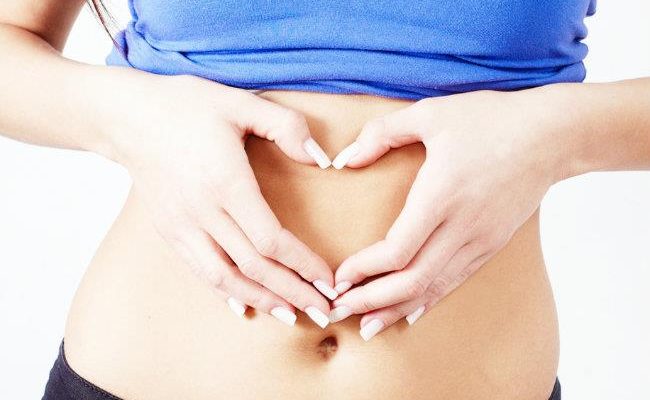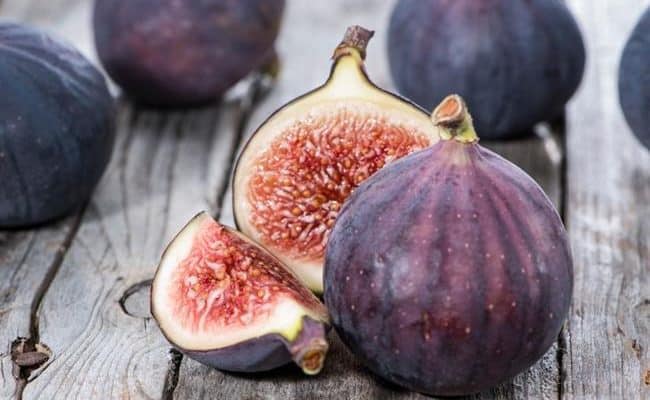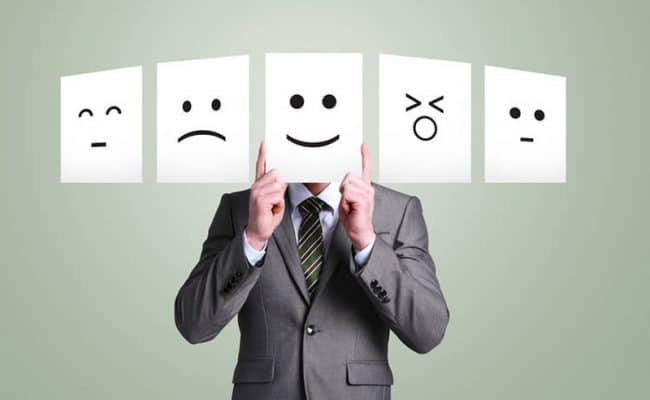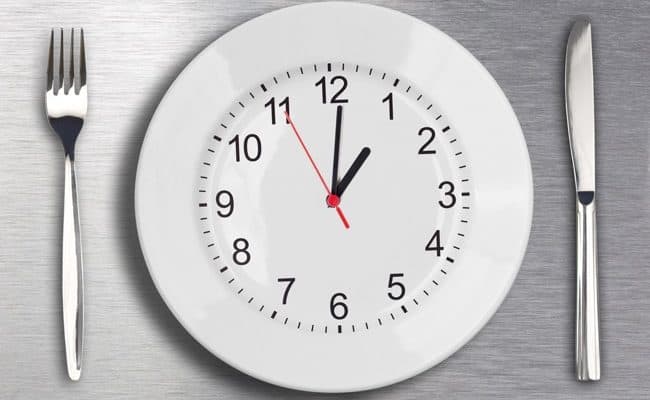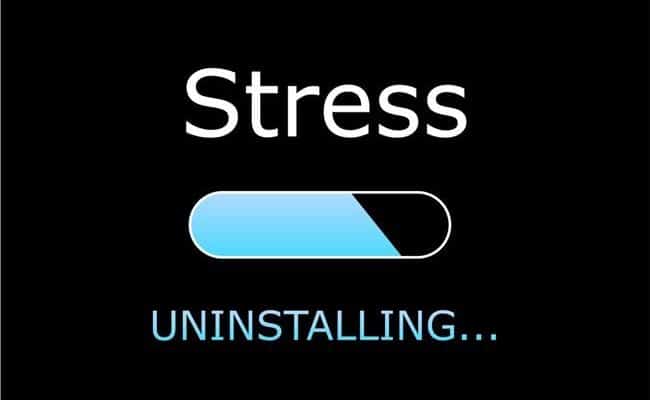
In today’s society, everything is getting faster and faster, including how long it takes us to eat. Most people have little time to sit down and enjoy a meal. So, the alternative is eating as fast as you can and often while you are doing something else as well.
Unfortunately, when we eat too fast, we can increase the possibility for overeating and increased risk for weight gain.
When you eat too fast, you won’t enjoy the food as much as if you ate slower. Eating slowly can increase your enjoyment from food and allow time for signaling the brain you are full which signals you to stop eating.
When you eat too fast, you can be more likely to over eat and feel stuffed afterward.
How do you know if you eat too fast?
If you eat in under 15-20 minutes, that is probably too fast. If you feel overly full after eating, you are probably eating too fast.
Slowing down when you eat can help you get re-sensitized to your body’s signals for feeling full and getting more enjoyment out of your food.
You don’t stop when you’re full
A general rule of thumb is allowing at least 20 minutes for eating a meal. This is about how long it takes once you start to eating for the digestive tract to send hormones to the brain indicating fullness and to stop eating.
Therefore, if you eat in under 20 minutes, you aren’t allowing the proper time for signaling fullness to the brain.
This means you are more likely to overeat if you are eating fast because you’re eating too much before the feeling of being full can set in.
The signaling of hormones between the digestive tract and the brain work in a complex way. As food enters the small intestine from the stomach, the hormone cholecystokinin (CCK) is sent to the brain to signal stop eating (1).
Leptin is another hormone that plays a role in long term appetite regulation. Leptin is released from fat cells and signals to the brain to upregulate or down regulate hunger/fullness based on body fat stores.
If fat cells are increased in the body, leptin production is increased which should in turn lower food intake.
However, with obesity leptin resistance can occur. Leptin resistance can interfere with proper signaling of hormones in the brain for satiety.
Leptin should amplify the signal of CCK, but when you eat too fast this signaling won’t have enough time to work properly (2).
Increases risk for weight gain
According to WebMD (3), research from North American Association for the Study of Obesity found overweight men and women ate less when they slowed down their eating.
Another study with over 1,700 adults found those who ate slower ate less calories at meal times.
Therefore, if you are trying to lose weight, it could be very beneficial to slow down your eating at meal times so you eat less food.
According to a 2011 Daily Mail article (4), some research suggests eating meals fast could double your risk for being overweight.
Instead of just focusing on the quality and quantity of food you are eating, also focusing on how fast you are eating can also help with weight loss.
You don’t enjoy your food
In the current culture of hurrying to do everything, it is rare to really slow down and savor something. It may seem counter-intuitive that eating slower and focusing on your food could help with eating less.
If you focus on the food, won’t you be more likely to eat too much?
Not according to research study results. Many studies have suggested eating slowly and enjoying your food can lead to greater satisfaction from eating besides giving your brain enough time to process when you’re full.
If we eat fast, we are not really tasting the food. Tasting and enjoying food can trigger satisfaction in the brain.
Enjoying a few bites of cake can be more rewarding than wolfing down a whole piece or two of cake.
According to Harvard Health blog article (5), a full stomach is only partially responsible for feeling satisfied after a meal. The brain also must feel satisfied.
Tips for eating slower
If you eat too fast, try these tips to help slow you down. It may take a lot of effort at first, but over time eating slower should get easier.
- Don’t multi-task when you eat. Most people are used to watching tv, working or looking at a computer screen while they are eating. Turn off distractions when you eat to increase your focus and awareness of what you’re eating. This will help you enjoy your food more and slow down.
- Take small bites. Instead of forking large quantities of food in your mouth at once, take smaller bites. Eating smaller amount of food at once can help you slow down. If possible, try using smaller utensils which can help you take smaller bites.
- Chew your food thoroughly. Eating fast usually means you are not chewing your food properly. Focus on chewing food more than you did before. This can also help with digesting your food better.
- Put your fork down in between bites. To help slow down food intake, a practical suggestion is to put down your fork after every bite. This can help you force yourself to slow down when eating.
- Get a device or an app to help. Many people have a hard time slowing down when they eat. More products are being designed to help you slow down when you eat including talking plates and a HAPIfork (6).
The HAPIfork measures how long it takes to eat your meal, amount of bites you eat in a minute and how long you wait in between bites.
There are also some apps (7) you can download to help you monitor your meal time, just remember to not stare at your screen while you’re eating!

